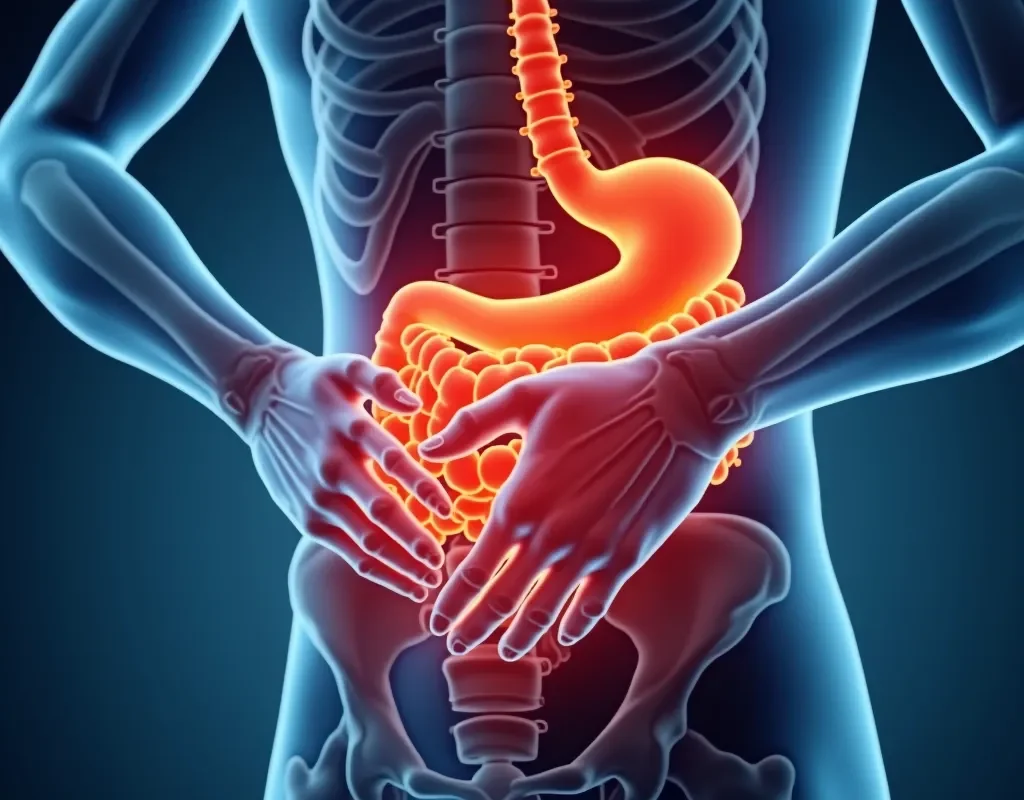
The Role of Colonoscopy in Diagnosing Abdominal Pain
Abdominal pain can be a persistent and discomforting challenge, impacting the quality of daily life for many individuals. In this comprehensive guide, we explore the significance of colonoscopy in diagnosing abdominal pain while shedding light on effective relief strategies. Let’s delve into how this procedure can offer valuable insights without overwhelming medical jargon.
Understanding Abdominal Pain
Abdominal pain is a common complaint that can stem from various sources, ranging from indigestion to more serious conditions. If you’ve been experiencing persistent discomfort, it’s crucial to seek medical attention. A thorough evaluation, including a discussion of symptoms and medical history, is the first step.
Colonoscopy: A Diagnostic Marvel
When abdominal pain persists, healthcare professionals may recommend a colonoscopy as part of the diagnostic process. This minimally invasive procedure involves the insertion of a flexible tube with a camera into the colon, allowing doctors to visualize the interior and identify potential issues such as inflammation, polyps, or other abnormalities.
Addressing Concerns Without Invasive Measures
The fear of invasive procedures often deters individuals from seeking help for abdominal pain. However, it’s important to note that colonoscopy is a routine and well-tolerated examination. To enhance patient comfort, sedation options are available, ensuring a relaxed experience during the procedure.
Key Considerations During Colonoscopy
During the colonoscopy, the healthcare team focuses on examining the entire colon for abnormalities. This proactive approach is crucial, especially when abdominal pain is a persistent symptom. The procedure provides real-time insights, enabling doctors to make accurate diagnoses and recommend targeted treatment plans.
Exploring Abdominal Pain Triggers
Abdominal pain can be triggered by a myriad of factors, including dietary choices, stress, and underlying medical conditions. Through open communication with your healthcare provider, you can collaboratively explore potential triggers and work towards personalized solutions.
Relief Strategies for Abdominal Discomfort
In addition to diagnostic procedures like colonoscopy, incorporating lifestyle changes can significantly contribute to alleviating abdominal pain. Dietary modifications, stress management techniques, and regular exercise are fundamental aspects of a holistic approach to abdominal health.
Empowering Your Journey to Wellness
Navigating abdominal pain requires a thoughtful and comprehensive approach. Colonoscopy serves as a valuable tool in uncovering the causes, allowing for timely intervention and relief. By understanding the role of this procedure and embracing a holistic approach to well-being, individuals can embark on a journey towards lasting relief from abdominal discomfort.
In conclusion, if you’re experiencing persistent abdominal pain, consult with a healthcare professional to explore the benefits of colonoscopy and develop a personalized plan for managing and alleviating your symptoms. Here at Gastroenterology Medical Clinic, your well-being is our priority, and we are here to guide you every step of the way.




